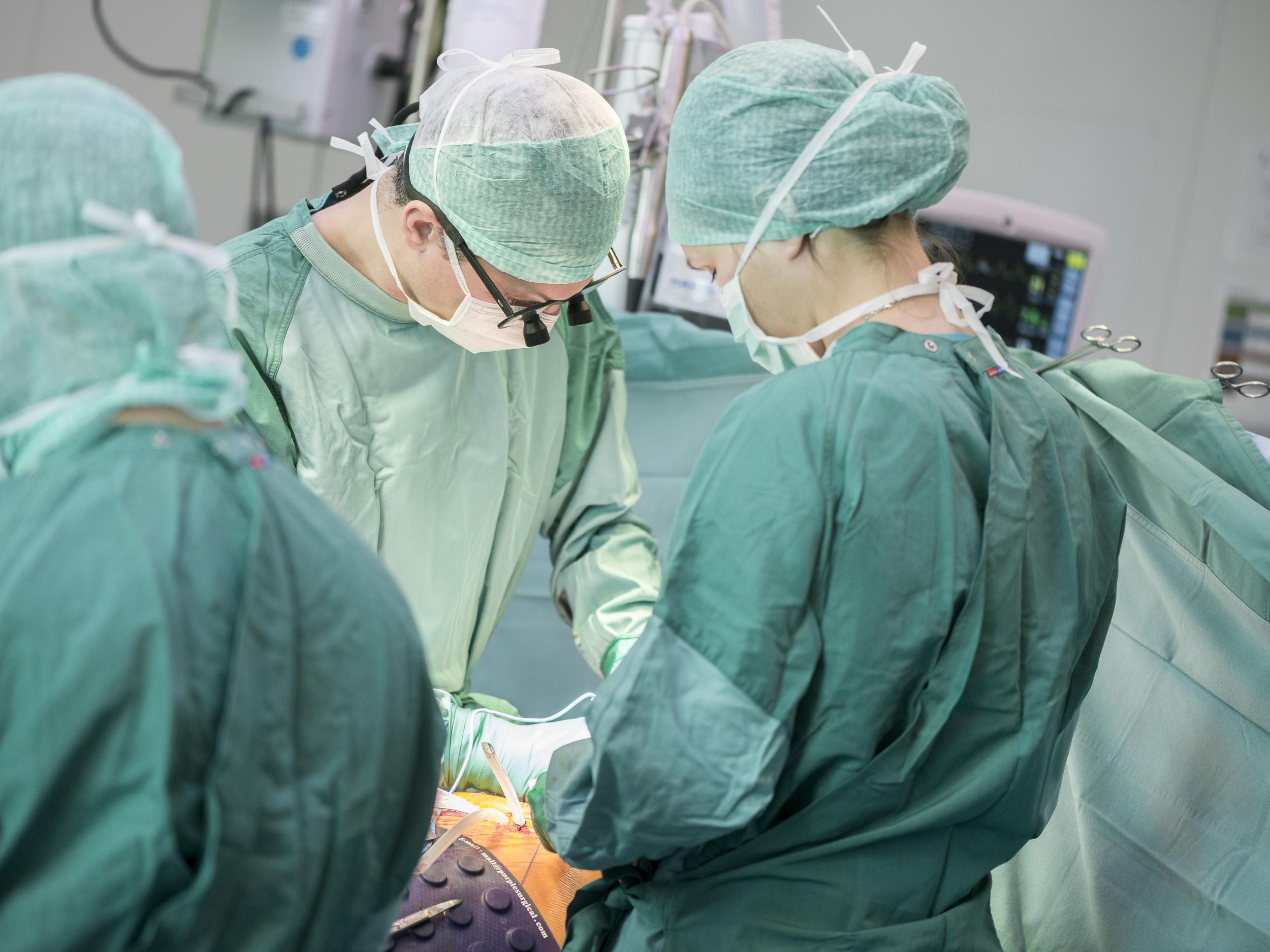Virus found in pond used to destroy antibiotic-resistant bacteria and save patient
'Antibiotic resistance is becoming a more serious problem so phages are a good alternative'

Doctors have used a virus from a lake to save a heart patient when antibiotics failed to tackle a chest infection.
The outcome of the experimental treatment suggests this could be an effective treatment against other antibiotic-resistant infections, said the US researchers.
The elderly patient, reported to be a doctor himself, had undergone heart surgery but several weeks later suffered complications from a life-threatening bacterial infection in his heart.
Repeated courses of antibiotics proved ineffective, and the infection returned, with the patient ending up back in hospital each time. So doctors tried a novel approach using bacteriophages – a type of virus that infects bacteria – that were collected from a pond in Niantic, Connecticut, and inserted into his chest.
The treatment appeared to eradicate the patient's infection, according to a new report of the case from the Yale School of Medicine in New Haven. The lake that the “phages” came from was just 40 miles from Yale.
Scientists announced the outcome and published the study in the journal Evolution, Medicine, and Public Health, saying larger studies were needed.
Ben Chan, the research scientist involved, said: “Antibiotic resistance is becoming a more serious problem now, so phages are a good alternative.” Mr Chan has phage samples from all over the world, sent to him by researchers who pan for microbes in various locations.
The overprescribing of antibiotics to farm animals such as pigs and cows is a big factor in antibiotic resistance, scientists say.
”The bacteria are backed into an evolutionary corner,“ said study co-author Paul Turner, a professor of ecology and evolutionary biology at Yale University.
The researchers got approval from the Food and Drug Administration to use the phages, known as OMKO1, on the patient. In January 2016, they performed surgery to inject hundreds of thousands of them into the man's chest.
Later tests showed the patient was free of the infection and so far, he has not had a recurrence. He has remained off antibiotics for 18 months, the report said.
The study said: "The current case study indicates the fortuitous possibility for a single phage to apparently resolve the bacterial infection, where pre-treatment understanding of the evolutionary mechanism (phage-resistance/antibiotic-sensitivity trade-off) underlying bacterial resistance informed the choice of phage used in experimental therapy."
Join our commenting forum
Join thought-provoking conversations, follow other Independent readers and see their replies
Comments
Bookmark popover
Removed from bookmarks